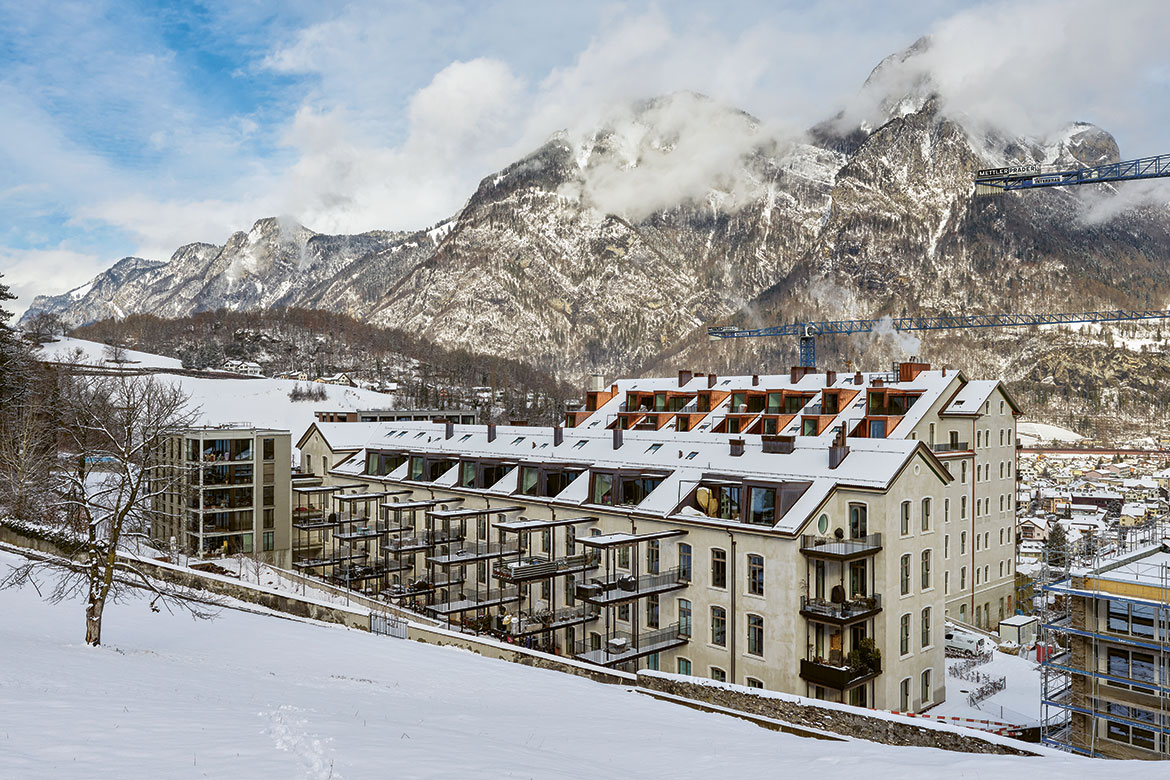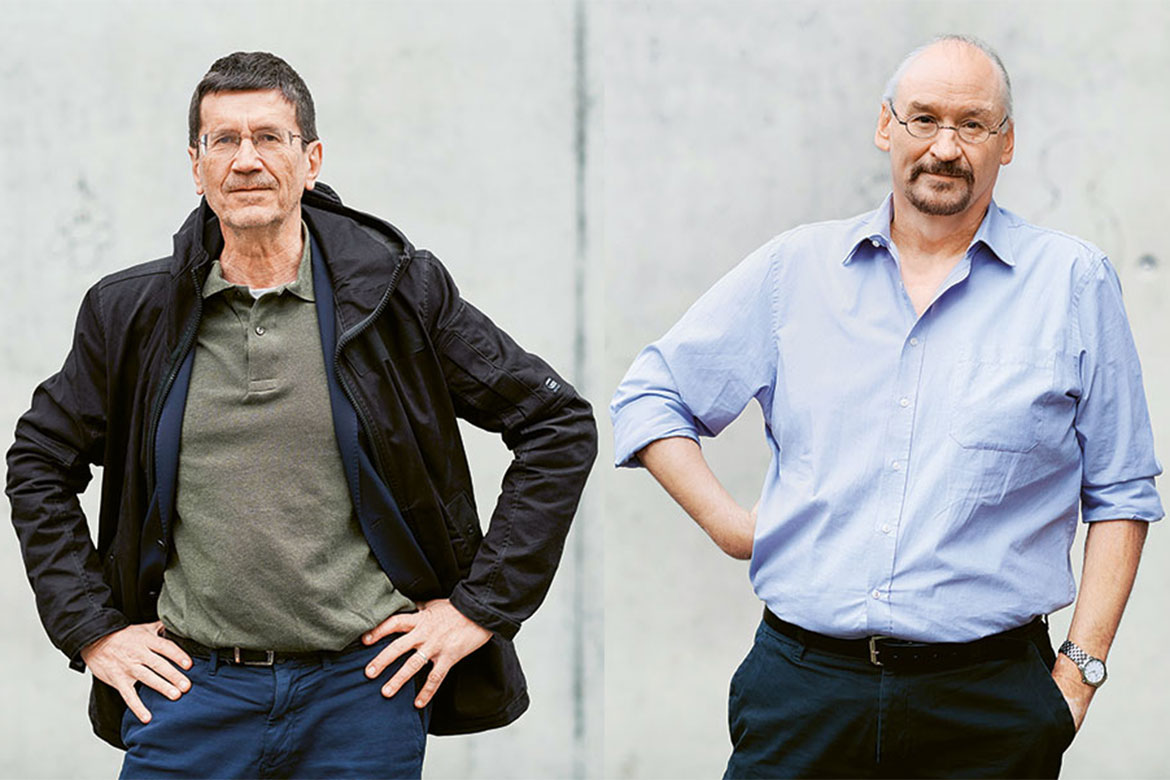Is old really the new young?
More and more people are staying fit into old age. But while most see this trend as something positive, it puts pressure on those who suffer mobility problems.

Some elderly people won’t use walking frames because they want to fit the new image of ‘active ageing’. | Image: Fotolia/Wellnhofer Designs.
Today, healthy pensioners are travelling the world, dancing to keep themselves agile, looking after their grandchildren, and doing volunteer work. Whereas getting older used to be equated with a loss of our physical and mental abilities, ‘active ageing’ is the new paradigm. With demographic change and increasing life expectancy, our notions about old age are also shifting. It’s a sign of civilisational progress, but one that threatens to make certain groups of elderly people feel forgotten and increasingly excluded. This is shown in a study carried out by the Zurich ethnologist Francesca Rickli among elderly people with limited mobility.
The 35 people involved were all from German-speaking Switzerland, over 64 years of age, and were either unable to walk unaided, or could only manage a few metres on their own. Some of them had lived with this disability even before retirement, while in others it was age-related. Rickli visited these men and women during their everyday routines over a period of several months. Most of them struggled with their inability – either recent or long-term – to grow old ‘successfully’. “This is because disability, infirmity and dependence on others aren’t part and parcel of this picture of active ageing”, says Rickli. In the case of those with old-age-related mobility problems, this resulted in them rejecting the use of zimmer frames or wheelchairs, even though these would provide them with greater mobility and more opportunities for a social life. It’s also notable that some of the participants in her study said they felt under pressure on account of the public debate about assisted suicide. Elderly people who’ve already been living with disabilities for a long time ought to have better access to support, says Rickli. To this end, it would also be necessary to make adjustments to the Swiss social security system.




